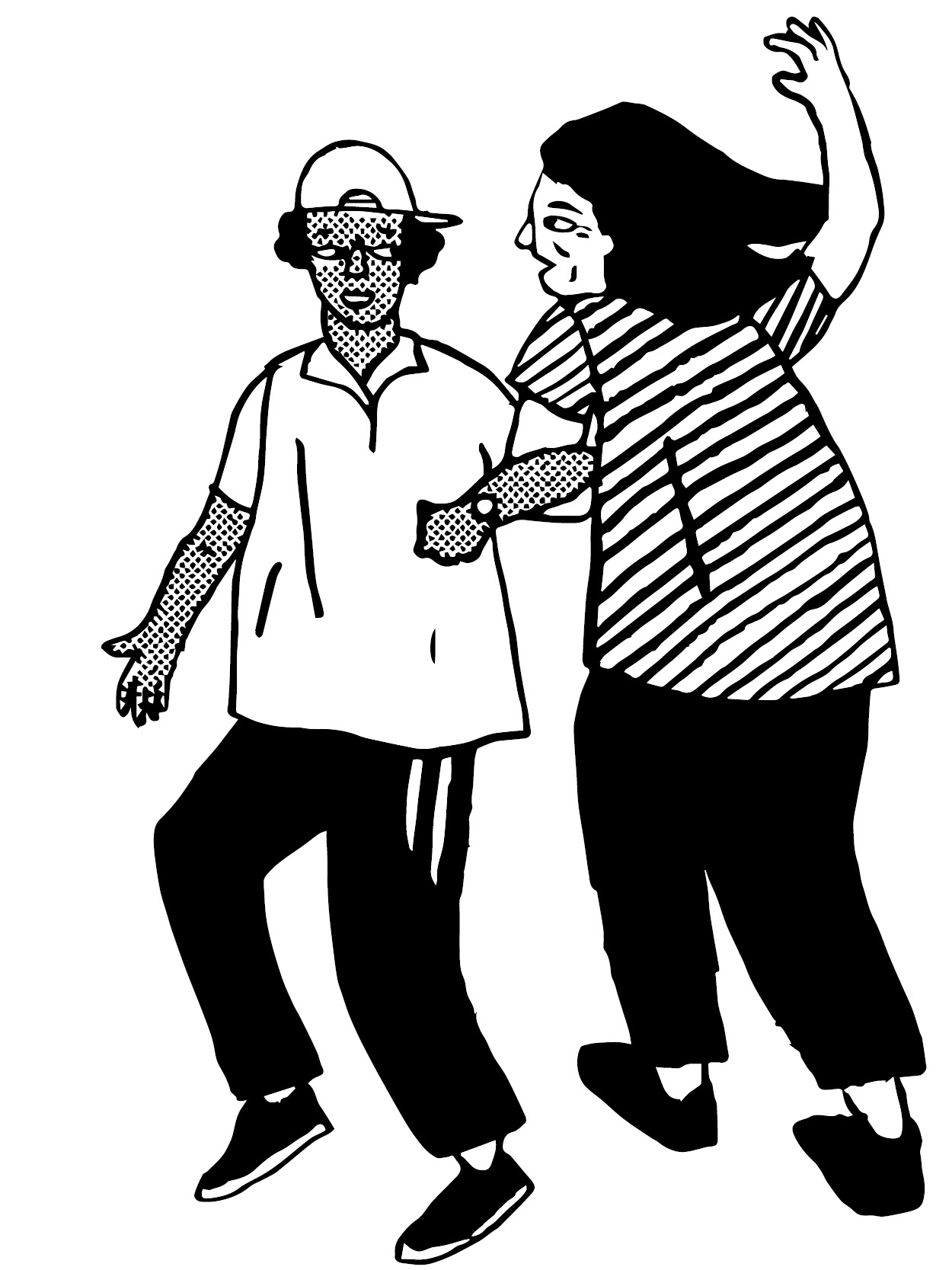English Folk Drama - Going mumming
Going mumming
Another unromantic fact about the custom is that all the evidence (including interviews with pre-war mummers) points to the fact that the primary motive for participation was economic. Mummers expected to be given money, or food and drink, in return for their performances and it is unlikely they would have gone out without this incentive. They may well have had a sense of tradition, taken pride in their work, enjoyed the fun, and so on, but the prime reason was always the money they could raise, and this went to themselves, not to charity as it would usually nowadays.
But old-time mummers were quick to point out that mumming was hard work. They would regularly walk thirty miles a day, in costume, in all weathers, and perform their play maybe a dozen times. One commented that in the twenty-five years he took part he never once had Christmas dinner at home with his family, and he was given so many mince pies to eat he got heartily sick of them and had not touched one since. But in a good year he could make the equivalent of two or three weeks’ wages over Christmas Day and Boxing Day, and he and his wife kitted out the family with new winter shoes with the proceeds.
Time of Year
Mumming plays are classed as 'calendar customs' because they were nearly always performed at a particular time of year, and not normally at any other time. For the majority, it was Christmas, but in Lancashire and surrounding counties it was Easter; in parts of Cheshire it was Hallowe'en, and the 'Plough Plays' of the East Midlands were performed around Plough Monday, or 6th January, when the farmworkers began the new year ploughing. The time of year is often reflected in the words and character names of the local version - Father Christmas would clearly be out of place in an Easter play, so he does not appear there, while most Easter plays state, or imply, that they want to collect eggs, as well as money.
Organisation
Most mummers teams had their set routes to be followed each year, and where neighbouring villages also had teams there was some rivalry, and even violence between them. Typically, they would perform at the ‘big houses’ in the area, by appointment, for a set fee, and in local pubs and other places where people gathered.
The venues varied with different types of team, of course. Children would go more to friends and family, or have more restricted areas to cover, and some teams performed out-of-doors for the assembled villagers or, in more populous areas, in the street for passers-by.











